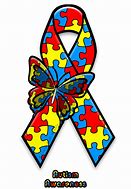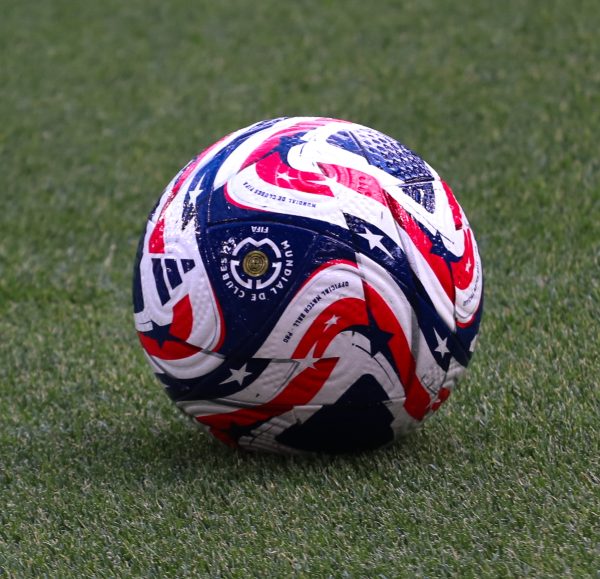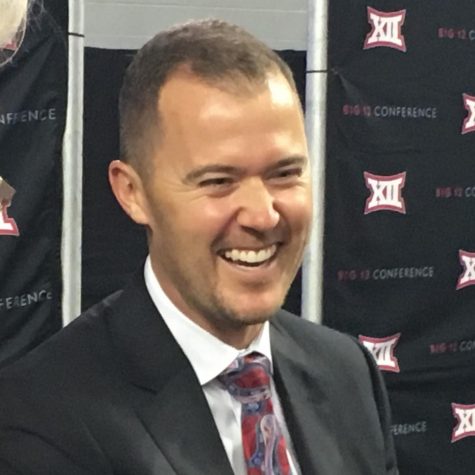Choosing Kindness
My experience growing up with an autistic brother

In my home, it is quite normal to hear the song of my older brother stomping around, flailing his arms, and talking to himself in various tones. It is part of the daily routine. Growing up, this “abnormal” behavior was and is only seen as such when I am in public.
My brother, Alex, has autism. Honestly, I didn’t really know what that meant until a few years ago, because it can vary so much from person to person.
According to autismspeaks.org, “Autism, or autism spectrum disorder (ASD), refers to a broad range of conditions characterized by challenges with social skills, repetitive behaviors, speech, and nonverbal communication.”
In Alex’s case, he is a kid with high functioning autism; meaning, he is socially awkward and can communicate verbally.
Growing up, it was not uncommon for me to go over to my friends’ houses instead of inviting them over to mine. Maybe part of this was because they had more Barbie Dolls, a better play kitchen, or non-gluten-free snacks. Or maybe it was because I didn’t want them to see my brother.
I am not the only kid with a disabled sibling who was and is afraid of having people over. In Siblings Issues in Therapy: Research and Practice with Children, Adolescents and Adults, having a sibling with a disability can make a kid say they are an only child. Although I myself have never claimed to be an only child, I understand where that statement comes from. The world seems to laugh at anyone that is different. That breaks my heart.
Since Alex and I went to the same K-8th grade school, I would often see my brother in the hallways “Alex-ing” around. This was difficult for me as the new girl in school.
My classmates would smirk and sneer at the 6th grader skipping, stomping, and singing through the hallways. It hurt me. I was ashamed to not say anything, but what could I say? Most kids assumed I was an only child since I never really talked about my family.
Over past summers, during swim practice, kids in my neighborhood would tell Alex to do silly things just to laugh at him. I once overheard my brother’s close friend with a group of kids talking about my brother in a teasing and jeering way. I have been friends with people who called a spider autistic because it wouldn’t die when they stomped on it and watched my best friend laugh along with them. Second graders might not know what they are saying. But my friends and neighbors do. It seems as if kindness is not in their line of sight.
In 2012, Researchers from the Kennedy Krieger Institute in Baltimore and Johns Hopkins University found that 63% of kids with autism are bullied. The thing about autism is that it is practically entirely mental. What I mean by this is that there are not always dead giveaways for autism in terms of physical appearance, unlike Down Syndrome or being in a wheelchair. There may be a vacant look in someone’s eyes, but that is not the case with my brother.
Having a brother with autism is demanding of my entire being; it will always test my patience, my kindness, and my understanding. It is having the burning stare of strangers on my back as I walk with my brother. I will always have to take care and protect my brother. When my parents pass away, I will have to be his primary caregiver.
This adversity has made me a more compassionate and empathetic human being, which has carried into all of my relationships. I believe that people with disabilities are often times the most forgotten and marginalized in society. But with love and kindness, the treatments of “outcasts” can change. Never neglect the power that kindness can bring someone and never forget to choose kindness over laughing at someone. Always encourage and build each other up.
“Only a short time ago, I learned that people laughed at me. Now I can see that unknowingly I joined them in laughing at myself. That hurts the most.”
― Daniel Keyes, Flowers for Algernon
Sources:
Milevsky A. Siblings of children with disabilities. In: Milevsky, A. Siblings Issues in Therapy: Research and Practice with Children, Adolescents and Adults. London: Palgrave Macmillan UK; 2016:94-109.
https://www.cbsnews.com/news/survey-finds-63-of-children-with-autism-bullied/






